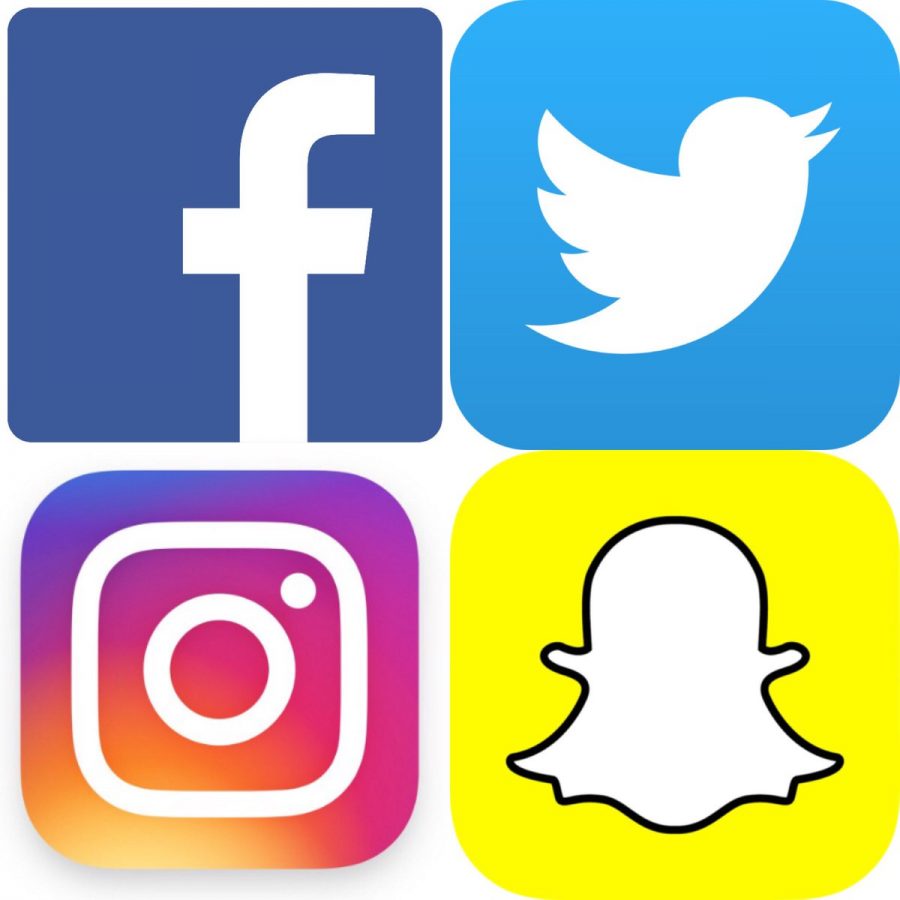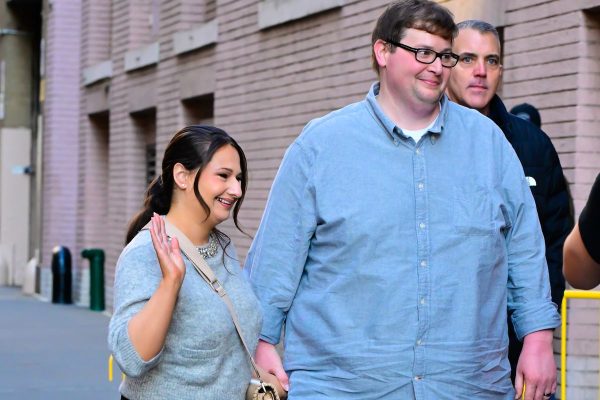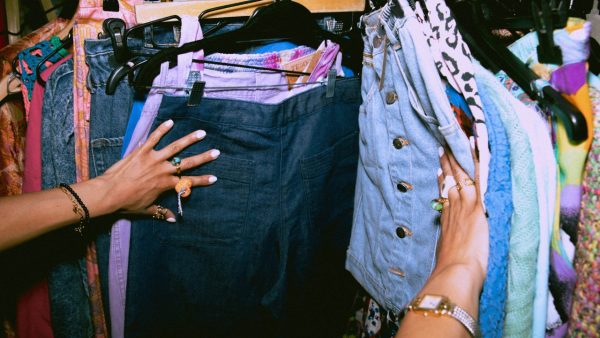Is Technology Making Society Less Social?
Popular social medias Instagram, Snapchat, Facebook, and Twitter.
Technology is supposed to make people more connected. Individuals can stay in touch with friends 24/7 through texting, Twitter, Instagram, and Snapchat. Are smartphones shaping today’s world to be anti-social? Could technology be making society more alone? Having access to all the information in the world may not be so beneficial
Scientific evidence has shown that the use of social media is bad for psychological health and it makes the users feel lonelier. Many people use social networking as an alternate option for real life, in-person communication. Not only does looking at screens for long periods of time affect social abilities, but studies are linking heavy computer and phone use to more sleep disturbances.
‘The blue light from digital devices suppresses the sleep-promoting hormone melatonin, keeping us from having restful sleep,” said University of Gothenburg psychologist Sara Thomee.
Many high school students run on small amounts of sleep during the weekdays due to homework, but these students could also be having a hard time going to sleep because of their cell-phone usage. Though some may argue that the time spent on their phones are productive and not only spent on social media.
“My phone does not affect my ability to go to sleep, I mainly use it at night to slow my racing thoughts by listening to music,” said senior Liz Koempel.
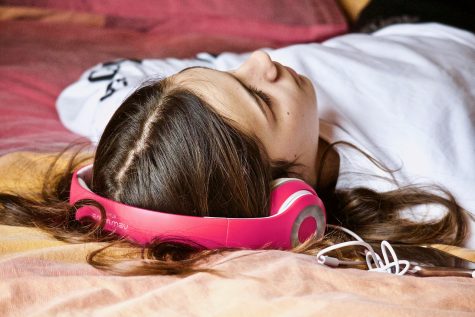
Listening to music helps some students slow their racing thoughts.
Although some teens may be using social media before bed, others use their phones as a type of meditation to combat sleep-related issues.
Social Media also creates false personas when using an app such as Snapchat. Several students use the app to “snap” with their friends to keep in contact with them. In contrast, there is the few that use it as a means to meet people. Social Media can isolate and prohibit some people from speaking in person.
“Social media can only isolate you if you let it. For example, snapchat is an app that can isolate you because it makes you feel like you are with your friends because you are seeing their face,” said sophomore Maurice Swain.
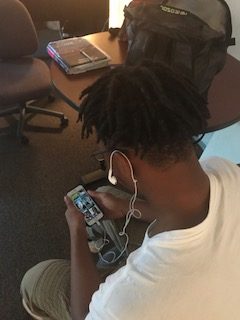
Sophomore Maurice Swain checking Snapchat.
In a study put together by researchers from the University of Pittsburgh, it revealed that increased social media use is linked to higher levels of perceived social isolation. The researchers surveyed 1,787 people aged from 19 to 32 about social media habits and how they feel about their place in the world. Some responded with “I feel that people barely know me” or “I feel that people are around me but not with me.” In today’s culture, most people know others social media persona rather than their true self. Most millennials cannot remember a day when Facebook did not exist. Since its creation in 2004, the digital world has changed drastically with the establishment of Instagram and Snapchat being created.
“Social media influences today’s culture in a negative way because it keeps us attached to our devices and keeps us from seeing and interacting with real people around us and the real issues that are going on. Being on social media really blocks us from being able to connect with others around us and to see the issues that others are going through. It also prevents us from establishing deep relationships and maintaining close friendships,” said Junior Meredith Schwartz.
Society and the way we go about communicating is changing. While some may argue that unlimited access to communicating with others is a positive thing, it can also be seen as highly dangerous because the in-person conversation will slowly diminish, considering it is “easier” to text.
Social media apps are forming false realities for many. The model seen on Instagram looking perfect in every picture spends hours editing her pictures. The person who posts a picture every weekend looking like they are having the best time is in reality extremely unhappy. 60 percent of people using social media reported that it has impacted their self-esteem in a negative way. Seeing celebrities so-called “perfect” and lavish lifestyles shown on various social apps makes some users wish they lived that type of life. The issue that has risen is much more than jealousy. Mental Illness can be heightened, or even developed through seeing these posts.

Actress Zendaya shows photoshopped picture (left) and untouched photo (right).
“Research has also shown that Facebook users are becoming increasingly depressed from comparing themselves to their own profile, meaning that if a person’s reality does not match the digital illusion they post on their profiles, emotionally, one may feel they are not living up to the “best” form of themselves,” said Dr. Suzana Flores.
Comparing oneself to others is never a good thing, and many have done it at some point. With social media, we are given unlimited access to compare, and that is why users are developing issues regarding self-esteem.
“Seeing models post their perfect life while you are stuck in school can be a bit of a downer because I want to go and travel when I am older, and it makes me jealous of the life that they are living at the moment,” said junior Katie Waymaster.
The perfect life shown on social media fails to recognize the imperfect parts. People want the life that is displayed on the media, but if we knew all of the ups and downs that some of these models face, most would never wish to be in their place and go through the challenges that they face.
Whether or not social media and technology is forming today’s society to be less social, one thing that reigns definite is that the social media culture is affecting everybody, most commonly seen in a negative way.

